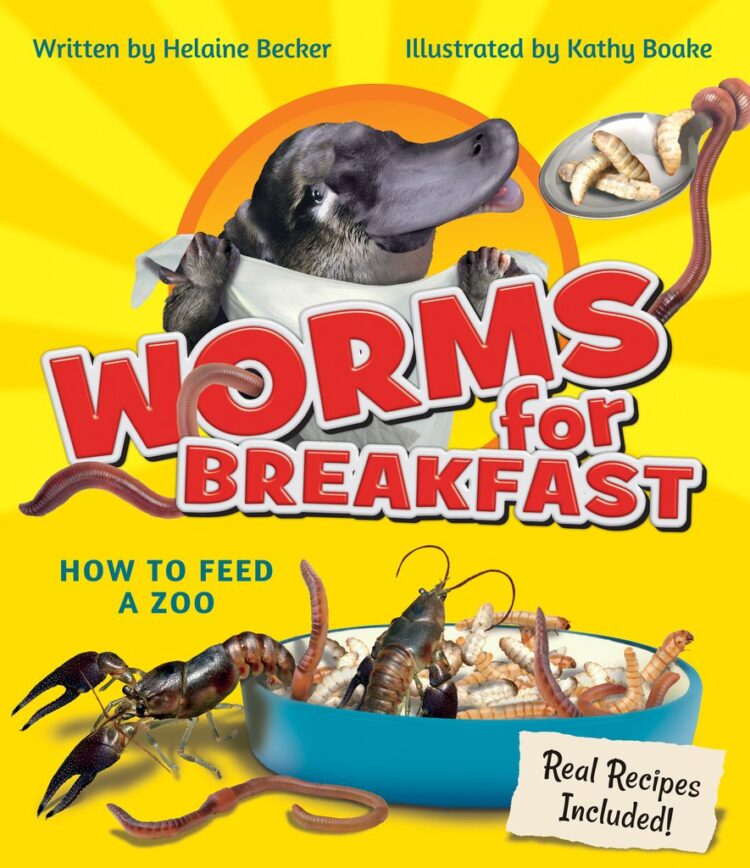 Welcome to Teach Write! This column draws on my 20 years’ experience teaching writing to kids, university students, and adult learners. It includes ideas and exercises that teachers and students can use in the classroom, and creative writers can use to level up their process.
Welcome to Teach Write! This column draws on my 20 years’ experience teaching writing to kids, university students, and adult learners. It includes ideas and exercises that teachers and students can use in the classroom, and creative writers can use to level up their process.
Today we’re continuing our discussion of research, with a focus on a special type of primary source – the expert. First, what do I mean when I say “expert”? As a former scientist and writer of sciencey books, I tend to define “expert” as “scientist.” And that’s definitely one type, but it’s certainly not the only type.
An expert is anyone that’s got first-hand, factual knowledge or experience related to your topic. In other words, the topic you’re writing about will determine who you’re looking for in an expert and how to go about finding that person.
Note that today’s post is going to focus on experts who have special knowledge derived from their professions. The sensitivity or authenticity readers a fiction writer might need to consult are a totally different kind of expert – people whose expertise comes from the lived experience of their particular identity. Identity absolutely intersects with profession – consider for example, how the profession of “scientist” is experienced differently by a black woman compared to a white man. But for today’s purposes, we’re going to focus on how to find people whose factual knowledge is relevant to your writing, rather than people who are commenting from a place of personal experience.
Where do you find those kinds of experts?
Friends, Family, and Other Folks You Know
If you consider the circle of people you actually know in real life, you’ll probably realize just how many of them are experts in their own fields. Your cousin the lawyer, your favourite auto mechanic, and your friend who’s obsessed with model trains are all gold mines of untapped information. And the best part? You probably already know how to get in touch with these people. 🙂
Don’t be afraid to ask your inner circle whether they happen to know someone with the knowledge you need, either. You never know who’s got a diplomat or a tree surgeon in the family.
 The Yellow Pages – AKA, Google
The Yellow Pages – AKA, Google
In ye olden days, we had this delightful book called The Yellow Pages, which listed business by category. I miss it so hard. Google is great if you’re looking for a specific business, but searching for “anyone who happens to be a plumber” was a lot easier with a paper index.
And yes, of course plumbers are experts. At least, you certainly hope so when your toilet stops flushing.
When my fellow kidlit writer, Helaine Becker, decided to write Worms for Breakfast, the first thing she did was call some zoos. Who better to answer questions about what and how animals eat than the people who make their dinners?
Databases for Journalists
What if you need to find academic experts, like scientists, engineers, historians, or economists? Thanks to journalism, you are covered.
Journalists consult academic experts all the time, and often on tight deadlines… and experts have a vested interest in making sure that reporting on their field is accurate. As a result, there are dozens of online databases crammed full of experts who are willing to answer questions from writers. Some cast a wide net, listing experts in a huge diversity of fields, while others aim for depth, rather than breadth.
Google “expert database” as a starting point – or add keywords like “climate expert database” for something more specific. Want fresh new voices with unique perspectives? Try Request a Woman in STEMM or Indigenous Circle of Experts.
And if you’re looking for a local expert, hop over to the website of the closest university. Someone in the press department will be delighted to connect you to a professor or two.
Corresponding Authors
If you’ve been reading peer-reviewed journal articles as part of your research, you’ve already got a list of experts to try. Start with the corresponding author for the paper – that person’s email address will be included on the paper itself.
Note that the corresponding author might have been a graduate student when the paper was published – if your message bounces back, it’s probably because that person graduated and is working at a different university. Google their name, adding “university” or a keyword for the field of research. This will almost always lead you to current contact information.
Still no luck? Try googling the name of the LAST author in the list of contributors. In science, we have a saying: “The first author is the person who DID the research, the last author is the person who PAID for the research.” Typically, the person footing the bill is the leader of a research group (or the supervisor of those graduate students). These people often have tenure, meaning they move around a LOT less… making their university email address much easier to find.
Now That You’ve Found Your Expert(s)….
…you have to make contact. How do you reach out to a total stranger and ask for the gift of their time? That is the subject of our next Teach Write column – tune in in December for interview etiquette, tips, and tricks.
What about you? Do you have any other strategies for finding experts on the topic you’re writing about? I’d love to hear your suggestions!
Hey, did you know I teach writing workshops? It’s true – I work with adult writers, teachers, and students of all ages. Contact me to learn more.